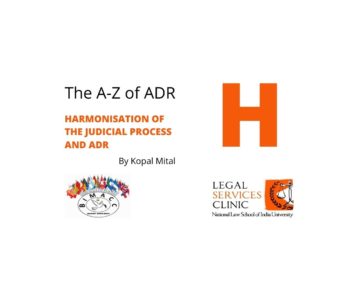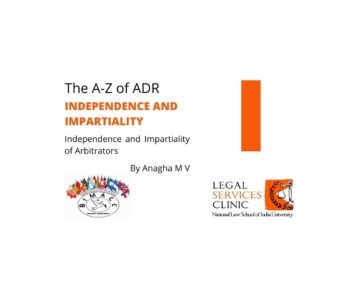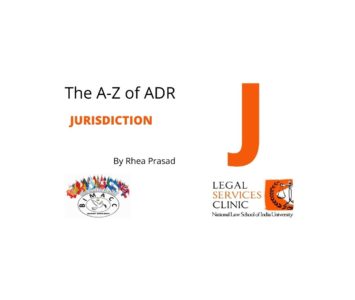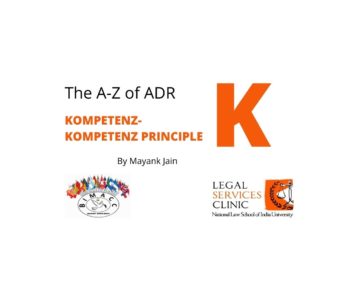A-Z of ADR: Flexibility
The modern process of dispute resolution, Alternative Dispute Resolution (ADR) tries to move beyond the standard model of civil court adjudication. ADR is essentially a method which is used to resolve the disputes without litigation, outside the courtroom. ADR involves procedures like Arbitration, Conciliation, Mediation, etc. The parties which resolve the dispute through ADR are more satisfied with the outcome, mainly due to their direct participation to determine the various terms of the settlement. The major advantages of ADR are that it is cost […]
Read More









